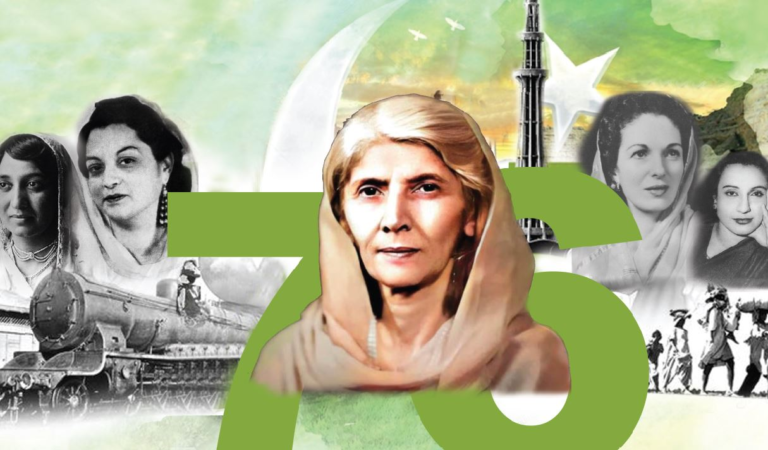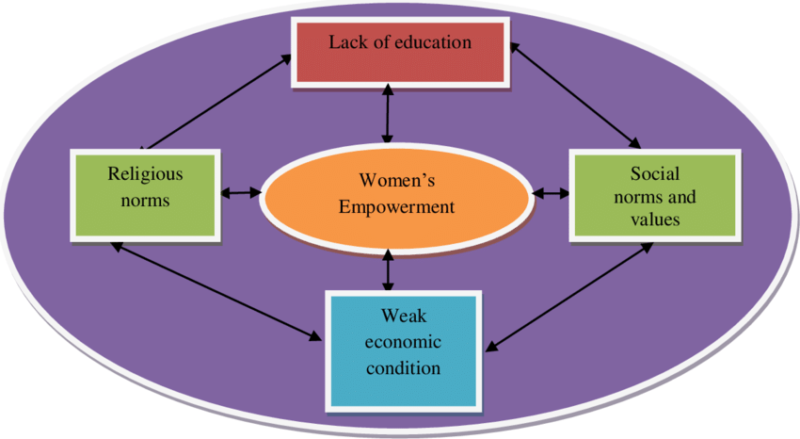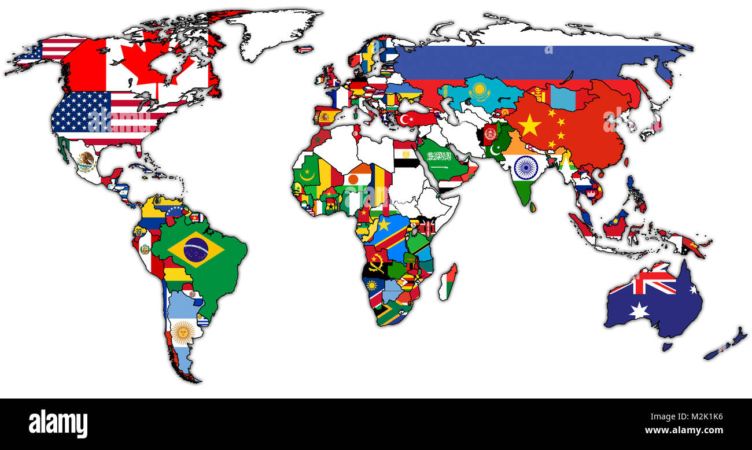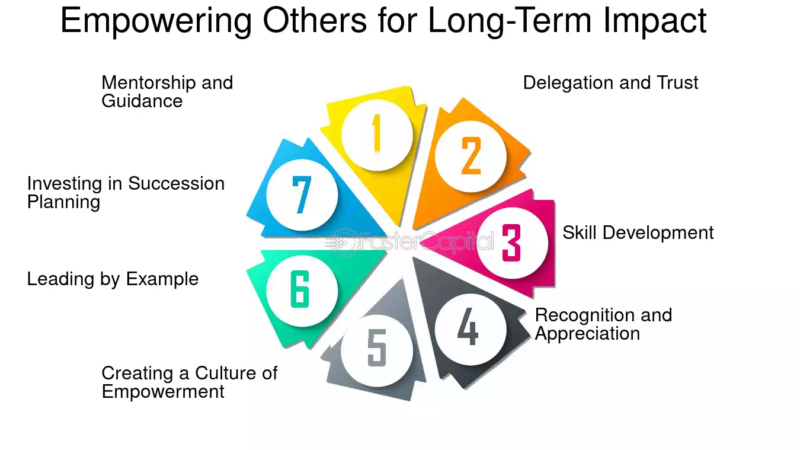The Ultimate 01 Empowerment Journey of Women in Pakistan
Introduction
- Define:
- Women empowerment in Pakistan is a multifaceted issue involving social, economic, and political dimensions.Women empowerment in Pakistan has been championed by incredible individuals who have redefined boundaries in various fields.
Purpose: - social and political dimensions in explore the hurdles Pakistani women face and the steps taken to overcome them, highlighting ongoing challenges and achievements.
women’s rights in Pakistan five for Pakistani women whose courage and contributions embody, resilience, and hope.
The Journey of Women Empowerment in Pakistan on youtube
The Journey of Women Empowerment in Pakistan on facebook
Table of Contents
Historical Context of Women’s Rights in Pakistan
- women’s rights in Pakistan of women’s status in Pakistan, reflecting cultural and religious influences.
Early advocates for women’s rights in Pakistan, like Fatima Jinnah and Benazir Bhutto, laid the groundwork for later movements.

Suggested Profiles for Women Empowerment in Pakistan
Malala Yousafzai
- Nobel Peace Prize laureate known for her courageous advocacy for girls’ education.
Asma Jahangir - A legendary human rights lawyer and activist who worked tirelessly for justice, women’s rights, and minority protection.
Benazir Bhutto - The first female Prime Minister of Pakistan and the Islamic world, who advocated for democracy.
Muniba Mazari - An artist, activist, and Pakistan’s first wheelchair-bound UN Women Ambassador, who inspires with her story of resilience and positive change.
Nighat Dad - A digital rights activist who founded the Digital Rights Foundation, working to make online spaces safer for Pakistani women.

These are a role models in empowerment
Malala Yousafzai: Advocate for Education and Global Peace
Background:
- Born in Swat Valley, a region known for its struggles with militant extremism, Malala began advocating for girls’ education at a young age.
Achievements: - Despite an assassination attempt, she became the youngest Nobel laureate for her work in promoting girls’ education globally.
- Malala’s story inspires young women worldwide to pursue education, proving that one voice can initiate a global movement for change.

Asma Jahangir: The Champion of Human Rights
Background:
- Asma Jahangir was raised in a family that resisted political oppression, which shaped her resolve to fight for justice.
Achievements: - Known for her work in women’s rights, religious freedom, and legal reforms, Asma co-founded the Human Rights Commission of Pakistan and defended countless marginalized individuals.
Empowerment Impact: - Asma’s legacy continues as a source of courage for activists fighting for equality and human rights in Pakistan.

Benazir Bhutto: A Pioneer in Political Empowerment
Background:
- Born into a politically influential family, Benazir Bhutto was determined to shape Pakistan’s future.
Achievements:
- As the first female Prime Minister of Pakistan, she broke barriers in politics and advocated for democratic rights, women’s rights, and healthcare reform.
Empowerment Impact:
- Benazir remains a symbol of resilience, proving that women can lead even in challenging and male-dominated environments.

Muniba Mazari: The Symbol of Resilience and Creativity
Background:
- After a car accident that left her paralyzed, Muniba transformed adversity into strength, becoming Pakistan’s first wheelchair-bound UN Women Ambassador.
Achievements:
- Muniba is a celebrated artist, motivational speaker, and activist who encourages people to overcome challenges and embrace positivity.
Empowerment Impact:
- Muniba’s journey inspires countless individuals, especially women with disabilities, to pursue their dreams despite physical and societal barriers.

Nighat Dad: Digital Rights Activist and Cyber Safety Advocate
Background:
- Nighat Dad grew up in rural Punjab, witnessing the struggles of women restricted by societal norms.
Achievements:
- Founder of the Digital Rights Foundation, she works to make online spaces safer and empowers women in Pakistan to use digital platforms without fear.
Empowerment Impact:
- Nighat’s work in digital rights is pioneering, providing women with tools to assert themse.

Key Challenges Facing Women Empowerment
Cultural Norms and Patriarchy:
Deep-seated societal norms restrict women’s roles, especially in rural areas where gender roles are rigid.
Limited Access to Education:
- Gender gap in education, with a lack of infrastructure for female education in certain regions.
Economic Barriers:
- Difficulty accessing employment, finance, and entrepreneurship opportunities, limiting financial independence.
Political Underrepresentation:
- Challenges in political participation due to limited representation, stereotypes, and lack of support networks.
Gender-Based Violence:
- Widespread issues with harassment, domestic violence, and insufficient enforcement of protective laws.

Positive Developments and Achievements
Educational Progress:
- Increased enrollment of girls in primary and secondary schools, growth of female-focused educational programs.
Legal Reforms and Protective Laws:
- Laws such as the Protection Against Harassment of Women at the Workplace Act (2010) and Domestic Violence Act, addressing violence and discrimination.

Rise of Women Leaders and Role Models:
- Notable female politicians, social activists, judges, and athletes serving as role models, breaking stereotypes.
Economic Empowerment Programs:
- Microfinance and women-centric financial programs aiding entrepreneurship and economic independence.
Ongoing Initiatives for Women Empowerment
Government Programs and Policies:
- Overview of governmental efforts to provide scholarships, safe workplaces, and skills training for women.
Non-Governmental Organizations (NGOs):
- Contributions of organizations like Aurat Foundation and Pakistan Women Lawyers’ Association in empowering women through legal aid and advocacy.
International Support
Role of organizations like UN Women, World Bank, and foreign aid programs focused on Pakistani women’s development.

Inspirational Stories of Pakistani Women
- Brief profiles of Pakistani women excelling in fields like technology, politics, sports, and business.
How these stories inspire young women to pursue dreams beyond traditional boundaries.

Persistent Barriers and Room for Improvement
- Ongoing issues such as wage inequality, workplace discrimination, lack of women’s healthcare in rural regions, and the challenges for single mothers.
Call for improved law enforcement, accessible education for all genders, and more women in policymaking.

Collective Impact and Legacy of Empowerment
The Ripple Effect
Each woman has created change not only in her field but also in society’s perception of what women can achieve.

Empowerment Beyond Borders:
These figures are not only empowering Pakistani women but are also recognized internationally, influencing policies, education, and activism.
Remaining Challenges and the Path Forward
- Acknowledge ongoing challenges such as gender inequality, digital abuse, economic restrictions, and limited representation in politics and other sectors.
Call for further support in education, legal protection, and economic programs specifically designed for women’s advancement.

Conclusion

- Patriarchal norms the significance of these women’s achievements in transforming the narrative around empowerment in Pakistan.
Inspire readers to support initiatives that further women’s empowerment and advocate for policies that nurture future generations of female leaders. - Emphasis on the collective efforts needed from society, government, and international bodies to support women’s empowerment.
- Closing thoughts on the importance of continued progress for a balanced, inclusive society in Pakistan.
_____________
You May Also Like:


